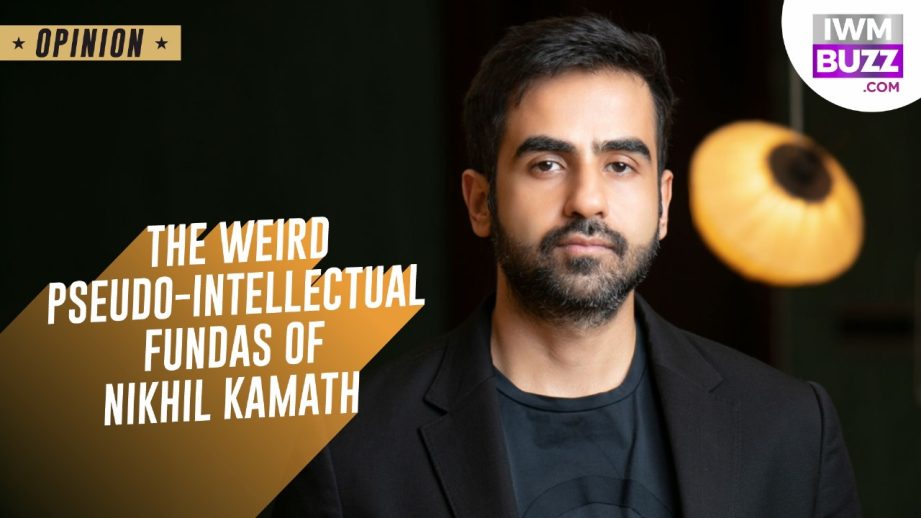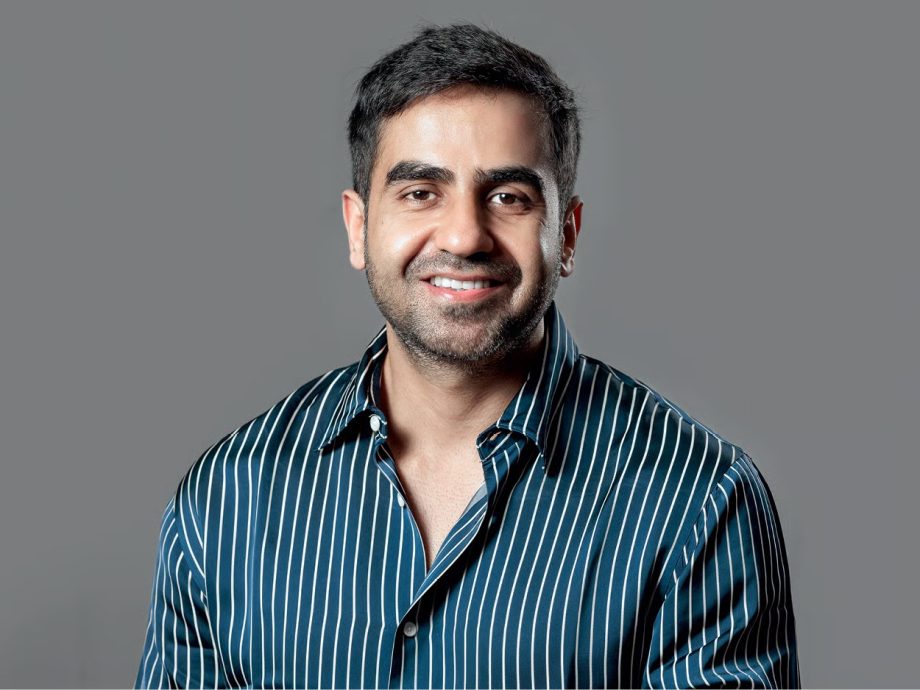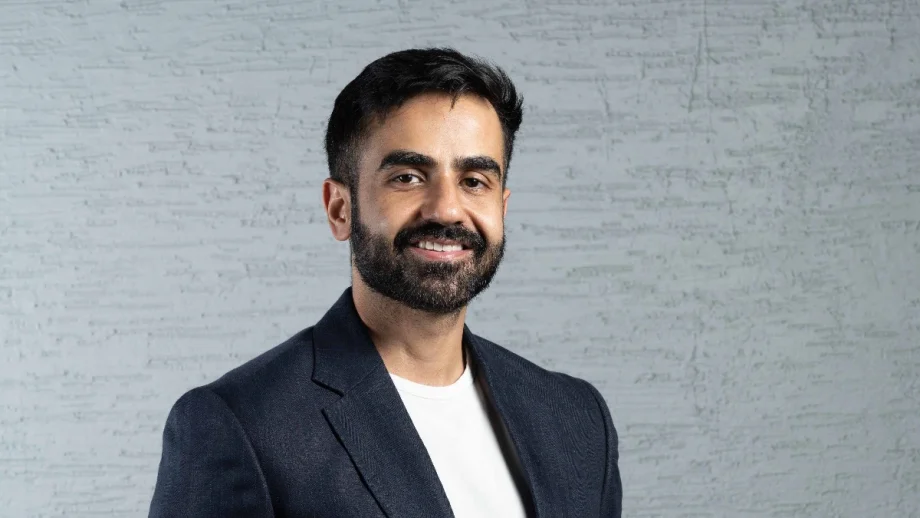
A pedestal like Nikhil Kamath, and everything really starts to look like a fairytale. Nothing wrong with that, either. Fairytales are aspirational, after all. But as fast as he dismissed the idea of hard work and championed smart work, one only wishes he had dropped a quicker disclaimer along with it — that to work smart, one must first work irrationally hard for an unholy number of years.
That’s the part that doesn’t make it to the captions.
With that slow-paced, buttery momentum, which is evident in his podcasts, he churns out some of the most fascinating insights. But what we also start to smell in that velvety delivery is elitism. It’s not abrasive. It’s the soft kind, wrapped in charm and calm, but elitism nonetheless.

Ideas like “don’t own a house,” “hard work is overrated,” or “work smart, not hard” — sound great on Instagram reels, until reality checks in. In fairytales like these, you fly, fly and fly…and then you hit the beehive. Endgame calling.
Take, for instance, the man’s long-standing stance on real estate. For years, Kamath has been a vocal flag-bearer for renting over buying. Property ownership, according to him, was an emotional trap, an unnecessary liability in an increasingly mobile, dynamic world. He made it sound like buying a house was akin to buying a fax machine in 2024. But the plot twist: he has bought his first house.

And when questioned, the reason was… well, something about the landlord asking him to leave his last rental. So now, apparently, owning a house makes sense. Which, of course, is the first thing most people cite as the reason to buy a house. But for a man who reads macroeconomic trends in his sleep and predicts company futures before their IPO decks are even ready, this realization came suspiciously late.
Of course, he explained it in the most Kamath-esque way possible on his own podcast. “The thing with renting… you don’t have foresight as to when you can move out of the house,” he noted as if this hadn’t occurred to billions of renters over the last few decades. It’s not so much what he said but how he said it—with that slow, buttery cadence that makes even basic ideas sound philosophical. One part genius, one part ASMR.
And that’s where it gets tricky. Because the lines between insight and “wait, what?” are constantly blurring.
Remember when rapper Badshah casually asked him which sector he’d invest in, and Kamath responded with: “Energy transmission.” Not energy, not renewables, not even EVs. Energy transmission. Like a walking, talking sectoral buzzword generator. Sometimes, it’s hard to tell if he’s offering financial wisdom or just playing corporate Mad Libs.
But hey, credit where it’s due—he built a massive company, and that’s no joke. Nikhil Kamath’s journey is a brand in itself now. The problem isn’t that he changed his mind. People evolve; perspectives shift. The issue is when those shifts are sold back to the masses as fresh insights, with an elitist punch.
But let’s not deny the good. His content is packaged well, his voice is soothing, and his hair is better than most of our investment portfolios.
But maybe, just maybe, not every musing needs to be taken as gospel. Especially when the fundas are sometimes dressed up in silk, but underneath, they still sound like what your uncle told you over chai 10 years ago.
So yes, listen to Nikhil Kamath. Absorb the vibes. Enjoy the philosophy. But don’t forget. If someone’s monetising their musings, their truth may not be built for your reality.
